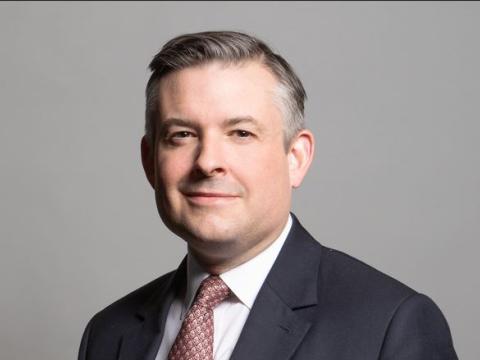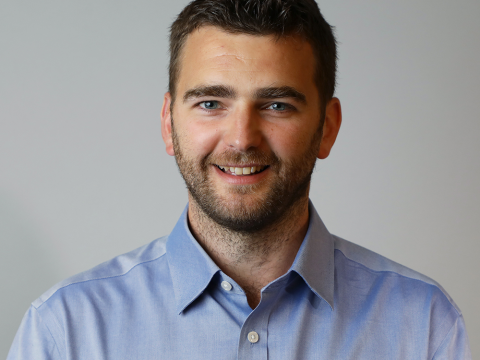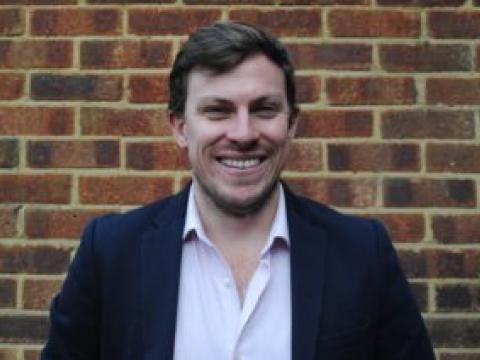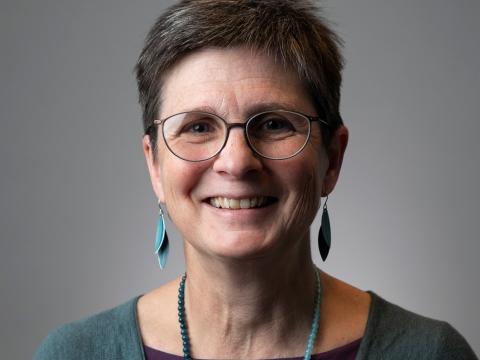Webinar: Building resilience – making the economic case for prevention
Thursday 23 February 2023, 11.30–12.45

Download the slides
The nation’s health is its most important asset. Good health enables individuals to contribute to their families, communities, and society, and is essential for a productive workforce and strong economy. Yet poor health is being exacerbated by rising cost of living and undermining the UK economy. The nation’s underlying ill health is now the primary reason for the rise in older workers being out of the labour market altogether.
To ensure a stable economy and prosperous nation, whole-government attention needs to be paid to prevention by recognising the wider determinants of health that have a major impact on our health – employment, social security and housing.
Not only is this good for the population and good for the economy, but it is more cost-effective than NHS treatment and relieves pressures on the health service.
The public supports prevention. Polling tells us that worsening health inequalities loses votes, while preventative health policies are effective vote winners.
This webinar demonstrated why we have to prioritise prevention in policymaking and outlined the future consequences of not acting now.
Speakers
Jonathan was elected Member of Parliament for Leicester South at a by-election in May 2011.
In November 2021, Jonathan was appointed Shadow Secretary for Work and Pensions, having previously been Labour’s longest running Shadow Secretary of State for Health and Social Care. He has also served as Shadow Minister without Portfolio and Shadow Cabinet Office Minister and is a Policy Fellow at the Centre for Science and Policy, University of Cambridge.
Before becoming an MP, Jonathan worked in the Treasury as a special advisor to Gordon Brown when he was Chancellor, and continued to work for Gordon Brown when he became Prime Minister. Outside of politics, Jonathan is a keen book-worm and runner.

Shabna (PhD) leads the research team and function at Runnymede Trust. She oversees the research delivery of every major project and ongoing programme across the Runnymede Trust’s esteemed research portfolio. Shabna's expertise includes racial inequalities in education and in access to housing as well as the intersection between gender and generation with race.

Zoë Billingham is the director of IPPR North.
She leads the think tank, which is dedicated to developing bold, progressive ideas to strengthen the north of England and regions like it.
Zoë regularly appears on national and regional broadcast media, including on Channel 4 News, BBC, The Today Programme, LBC and Sky News. She writes for a range of online and print publications, including for the New Statesman and across regional media and her work has generated front-page headlines.
Zoë previously jointly led the Centre for Progressive Policy, advising national and local leaders on regional inequality. Prior to this, she worked as a civil servant in central government including in HM Treasury and as economic policy adviser to the deputy prime minister during the coalition government. Zoë has also worked in finance.
Zoë lives in Liverpool and alongside her role at IPPR North, is a crook fellow at the University of Sheffield and a UK2070 Commissioner.

David Finch is Assistant Director in the Healthy Lives directorate.
David joined the Health Foundation in May 2018 and currently leads a programme of work developing policy and analysis related to the wider determinants of health. His work focuses the role that social and economic policy and business can play in improving health, and understanding the influence that health has on social and economic outcomes of people and places.
Previously David worked for the Resolution Foundation as a Senior Fellow working on a range of issues including tax and benefit policy with a focus on Universal Credit, calculating the Living Wage, demographics, pensions and pay progression.
Prior to this, he worked as an Economic Adviser at the Department for Work and Pensions on areas including childcare and state pensions. David studied Economics at the University of Sussex.

Richard Sloggett is the Founder and Programme Director of Future Health. He was previously a Senior Fellow at Westminster’s leading think tank Policy Exchange and from 2018-19 was Special Advisor to the Secretary of State for Health and Social Care. Richard is a regular commentator in the national media on health and social care including in The Times, Telegraph, Financial Times, Economist and on Times Radio and LBC. He has been named as one of the top 100 people in UK healthcare policy by the Health Service Journal.
During his time with the Secretary of State, Richard worked across Whitehall, the NHS and local government on major policy decisions including the NHS Long Term Plan, the creation of NHSX and the Prevention Green Paper. He also supported Ministers on global healthcare issues including preparations for the G7 and action on antimicrobial resistance. He has fifteen years’ experience in public policy and healthcare, starting his career in Parliament before a successful career in public affairs where he led a team of 20 to the prestigious Communique Public Affairs Team of the Year Award.
Richard is undertaking his doctoral thesis in preventative healthcare systems at Liverpool University. He has a Masters Degree with Distinction from the University of Nottingham and a Bachelors Degree from the University of Durham.

Chair
Jo Bibby is Director of Health at the Health Foundation.
Jo is responsible for leading the Foundation’s Healthy Lives strategy to create the opportunities for everyone to lead a healthy life.
Joining the Foundation in November 2007, Jo initially led the Foundation’s influential portfolio of work in patient safety and person-centred care.
Jo has worked in health care at local and national level for 25 years, including 10 years at the Department of Health. As Head of NHS Performance, she oversaw the implementation of the policy agenda set out in the NHS Plan. At the NHS Modernisation Agency, Jo led an international quality improvement initiative – Pursuing Perfection.
Before joining the Foundation, Jo was the Director for the Calderdale and Kirklees Integrated Service Strategy where she led a major service reconfiguration programme to deliver improvements in quality, safety and patient experience.
She is a trustee at the Centre for Homelessness Impact and from June 2021 a non-executive director at Rotherham NHS Foundation Trust.
Jo has a PhD in Medical Biophysics.

Further reading
Work with us
We look for talented and passionate individuals as everyone at the Health Foundation has an important role to play.
View current vacanciesThe Q community
Q is an initiative connecting people with improvement expertise across the UK.
Find out more

